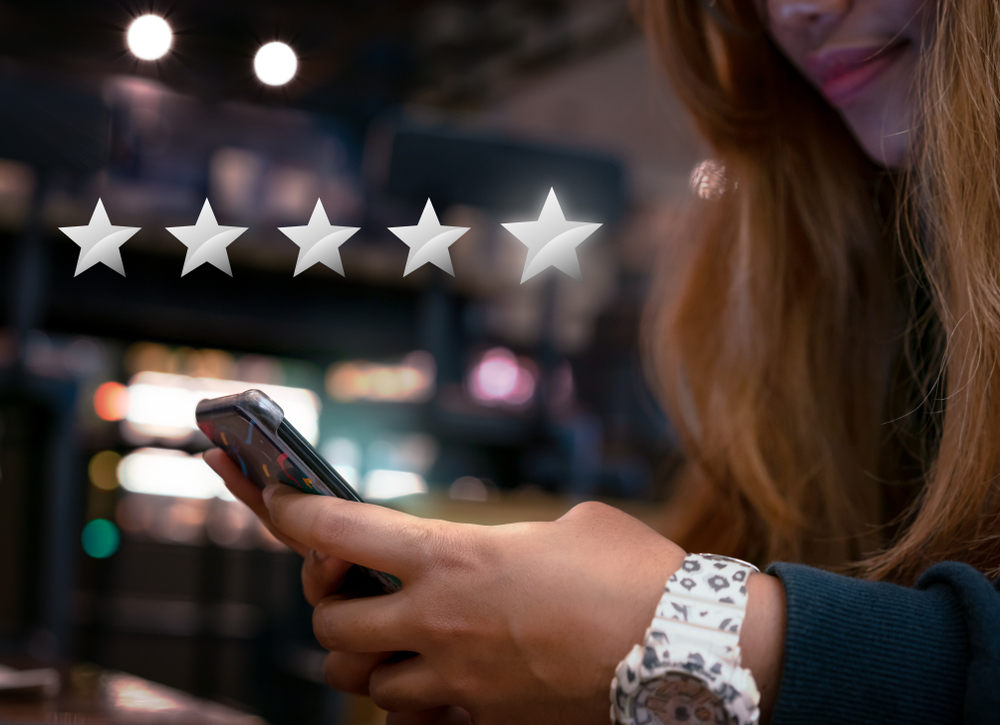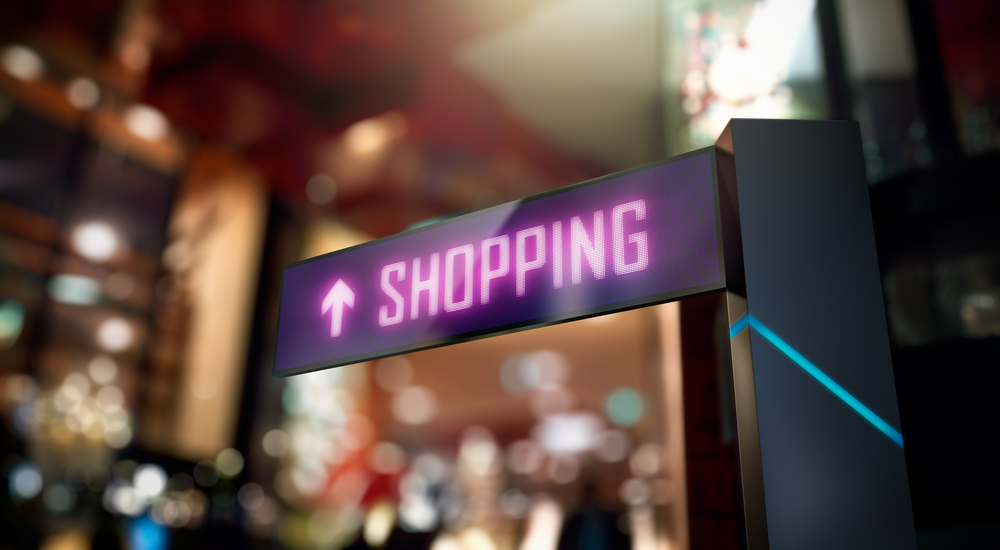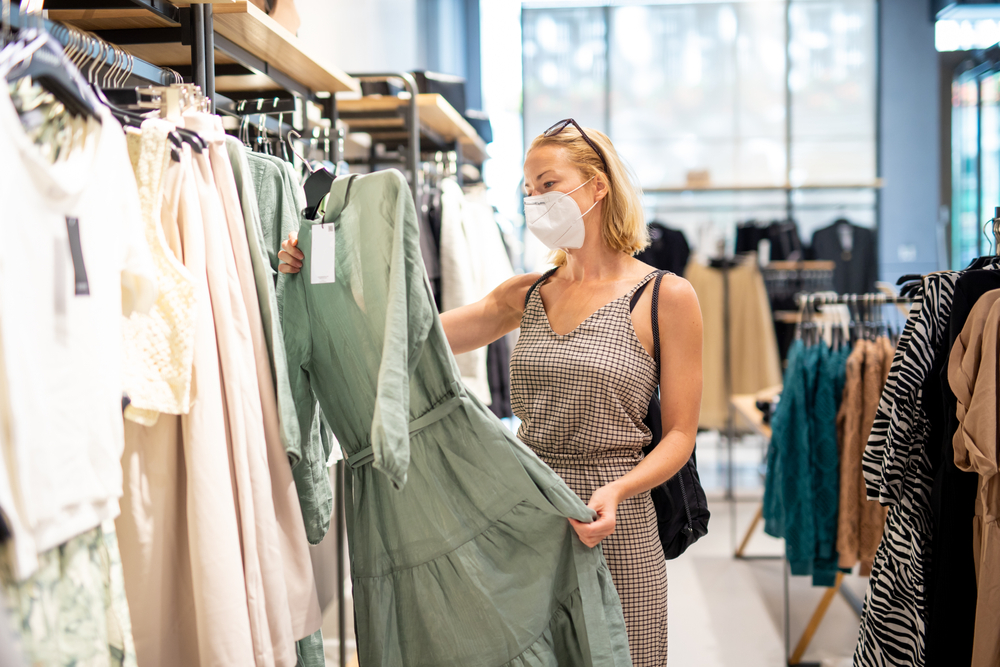The UK is the third most-shopped market in the world for international online purchases, reveals a new report from global ecommerce firm eShopWorld (ESW).
Trailing behind only China and the US, The Global Voices 2021: Cross-Border Shopper Insights report revealed that 20% of non-UK consumers have purchased from UK retail sites over the past 12 months.
Of those surveyed – namely, more than 20,000 consumers from eleven countries – 59% said they had purchased from online brands or marketplaces in China. Meanwhile, 51% revealed they had shopped via US ecommerce sites.
According to the research, the top five global markets for UK cross-border shopping were: Australia (37%); the US (29%); Germany (26%); France (24%); and Singapore (23%).
The report also revealed other markets that had made fewer online purchases from the UK but present significant opportunities for UK retailers looking for ways to recover from the impact of the Covid-19 pandemic. These emerging markets include: Mexico (6%); Russia (8%); Chile (10%); Turkey (16%); and Canada (17%).
Speaking about the findings, ESW’s CEO Tommy Kelly pointed out how desirable British brands and products are to consumers from around the globe.
Kelly stated: “Our survey data shows that people are increasingly embracing international ecommerce as more retailers and brands eliminate friction.” He said retailers were doing this “by offering convenience within the buying journey, and adding capabilities such as click and collect, return to store and guaranteed delivery date.”
With restrictions still in place and travel opportunities limited by the pandemic, people are using cross-border ecommerce as an alternative to shopping in person around the world.
The report revealed that while shoppers in Russia, Mexico and Turkey are not using UK ecommerce sites to make purchases on the same scale as other markets, they are spending the most on cross-border purchases each year.
If UK brands and retailers are willing to invest in these emerging markets, the rewards could be significant. As Kelly explains: “Retailers need to offer localised shopping experiences where ecommerce customers in these markets feel as if they are receiving the same level of service and convenience they would enjoy if shopping locally.”
As Europe’s leading visual communications specialist, we deliver multichannel international marketing services to our clients, allowing them to tap into new markets quickly and effectively. Get in touch with the team to find out how we can help grow your brand internationally today.












Latest posts